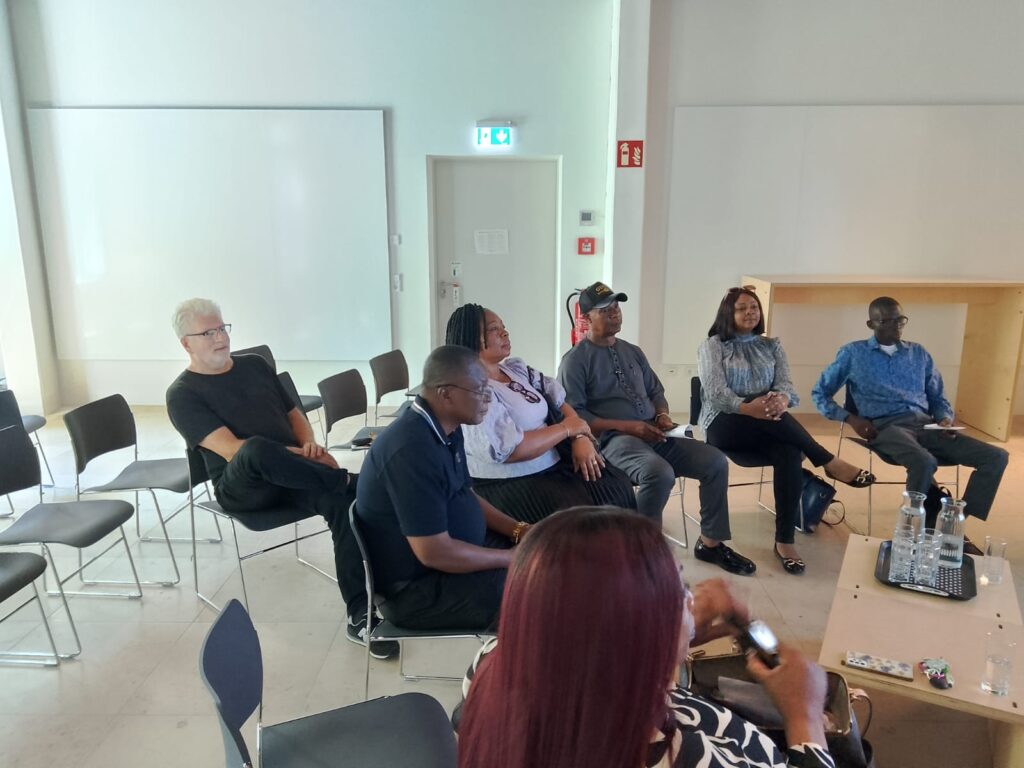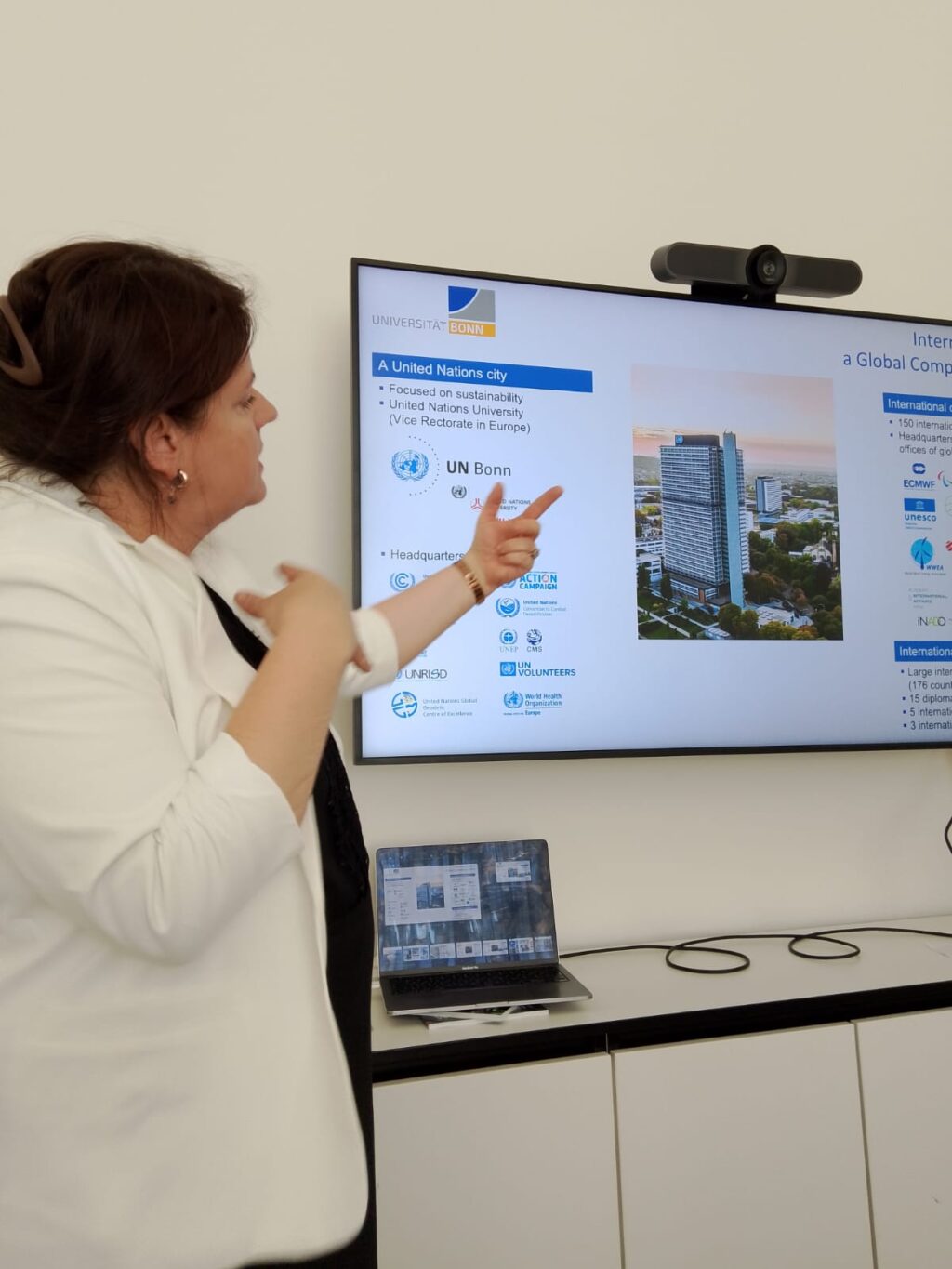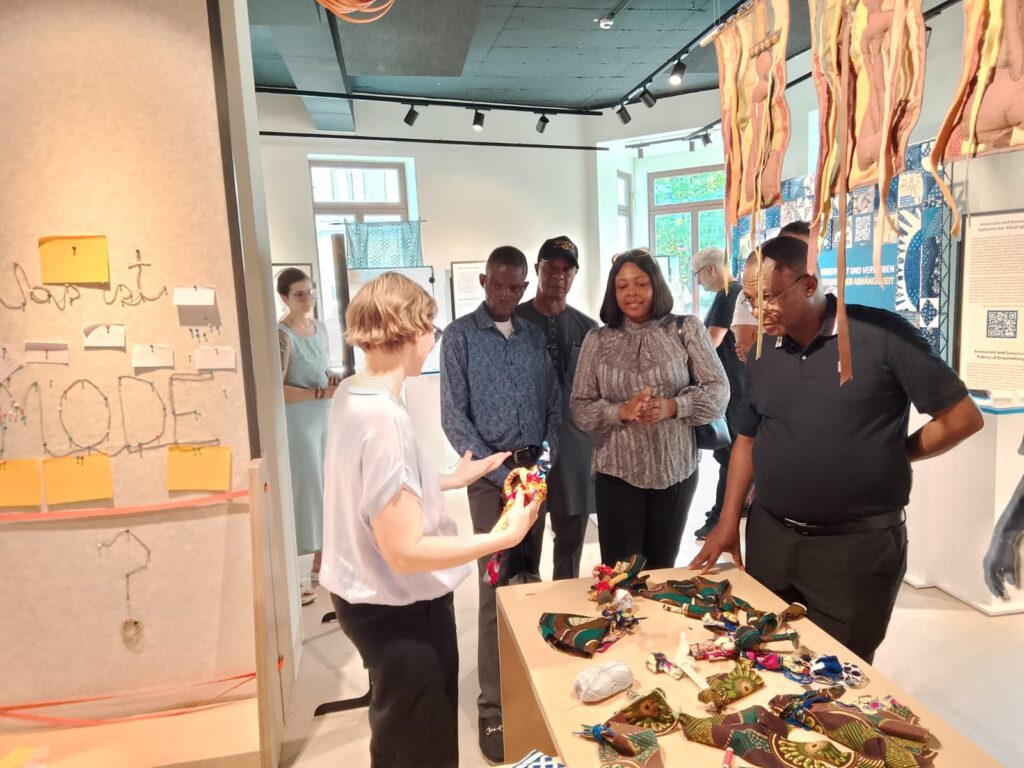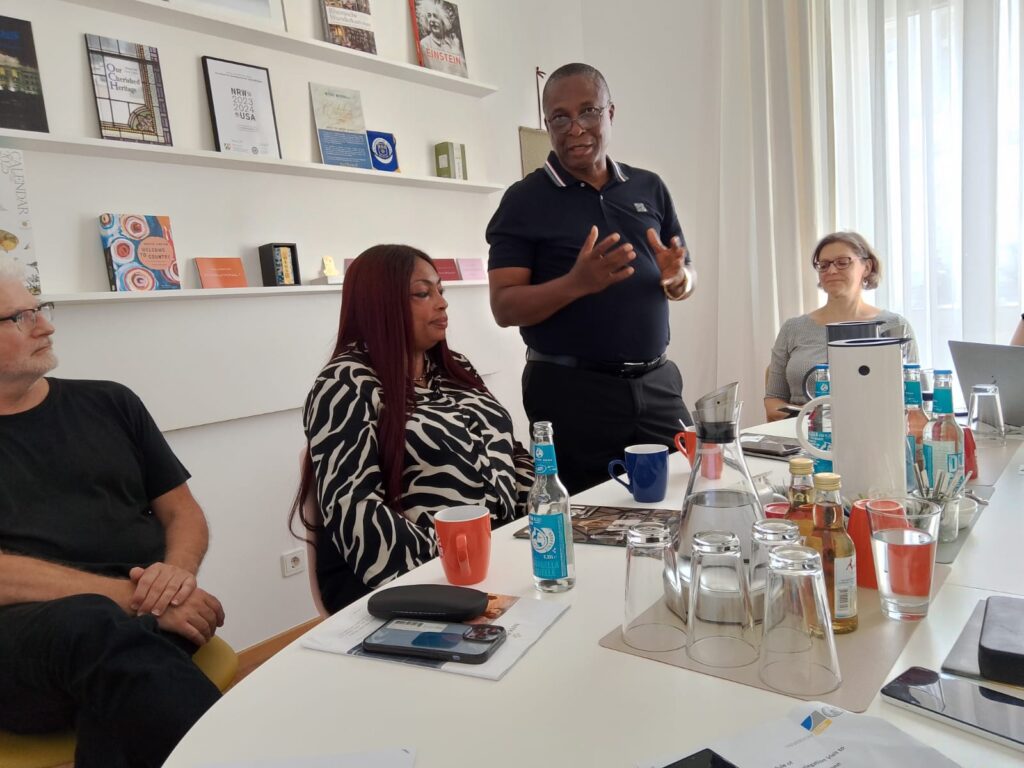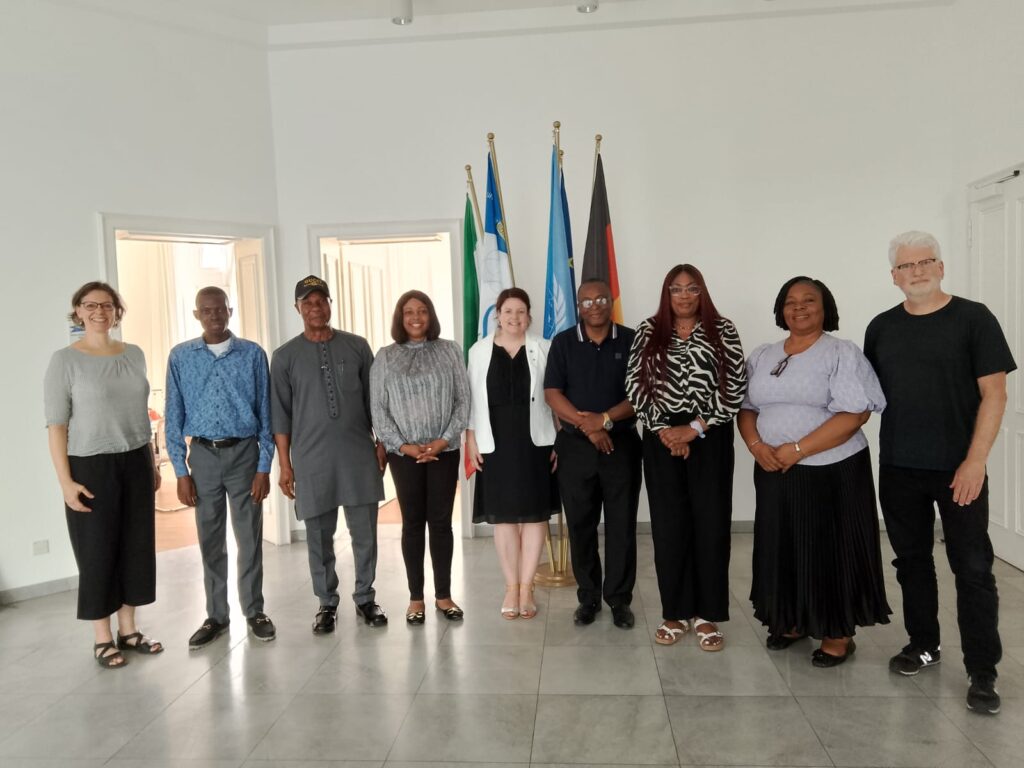The University of Port Harcourt (UNIPORT) is accelerating efforts to deepen its global academic presence through strategic collaboration with the University of Bonn and the Bonn International Centre for Conflict Studies (BICC), Germany.
A high-level delegation from UNIPORT, led by Vice-Chancellor Professor Owunari Abraham Georgewill, accompanied by Professor Chioma Daisy Onyige, a Professor of Criminology at the Department of Sociology, Faculty of Social Sciences, University of Port Harcourt. The delegation is currently in Germany on a fact-finding mission aimed at exploring avenues for sustainable academic cooperation. The visit, which builds on earlier discussions initiated during a reciprocal visit by University of Bonn officials to Nigeria, has now entered an advanced phase.
In a post shared via his official platform, Professor Georgewill noted that “collaboration talks [are] in top gear,” referencing the robust engagements held with their German counterparts. Images from the meeting show UNIPORT representatives in dialogue with officials from BICC and TRAFO, a German research and dialogue platform.
According to details made available to StarReporters by the Office of the Vice-Chancellor, the visit is entirely sponsored by the University of Bonn, a gesture described as both generous and encouraging by the Nigerian delegation.
“Our aim is to pull this collaboration forward with purpose and clarity,” said Professor Georgewill, reaffirming the university’s commitment to advancing internationalisation through tangible partnerships.
Discussions have revolved around shared research priorities, staff and student exchange programmes, and the prospective establishment of a joint Research Centre at UNIPORT, backed by technical support from Bonn. These goals align with the university’s broader vision to enhance research capacity, promote knowledge transfer, and globalise its curriculum.
In a video message addressing the University of Bonn panel, Professor Georgewill further elaborated on the proposed Centre’s vision and long-term sustainability. He noted that the Centre would “run…, Masters…graduate… PhD programmes on slavery and dependency.”
“We would serve as a local bridge to you,” he said, highlighting Port Harcourt’s geographical and academic relevance. “We have researchers, and your researchers through us can relate and study issues of slavery related to Africa and Nigeria.”
The Vice-Chancellor explained that the Centre’s academic model would allow for hybrid learning, enabling students at UNIPORT to engage directly with experts from Bonn through virtual platforms.
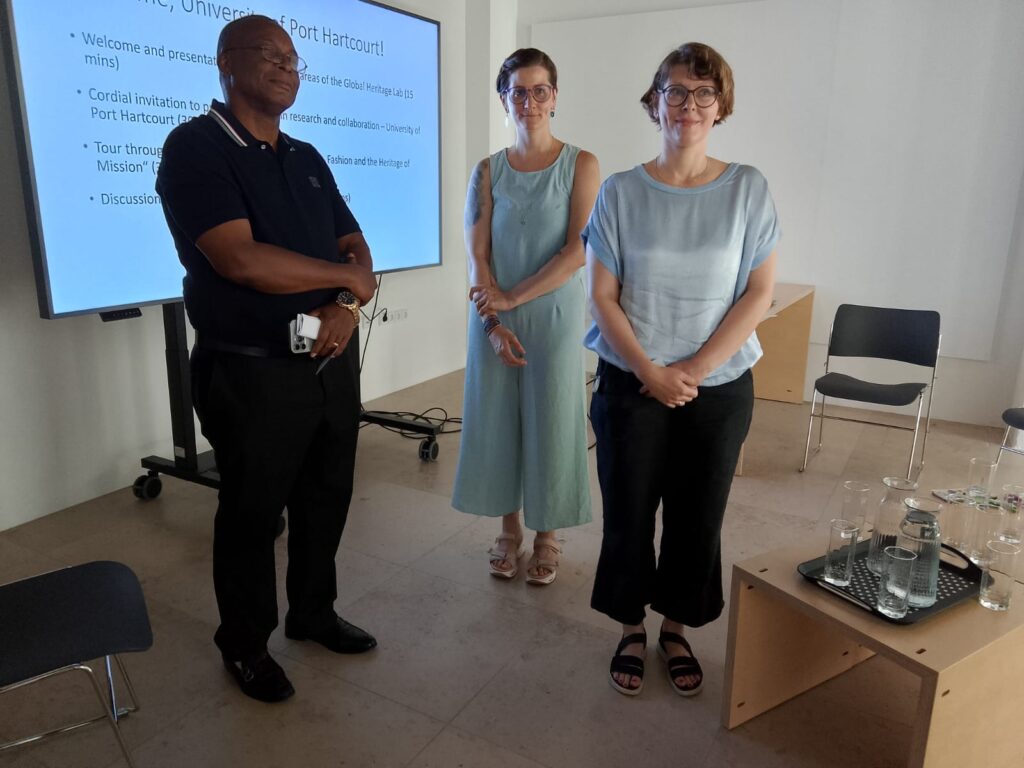
“Before they get a Master’s degree or PhD from that Centre, they must have studied from experts,” he said, adding that this would enhance the “content, context and everything related to students who would be affiliated with the University of Bonn and the University of Port Harcourt.”
He also emphasised the logistical ease of establishing the Centre, assuring Bonn officials that physical presence in Nigeria was not a prerequisite. “It is not difficult to set up a Centre in the University of Port Harcourt,” he stated, signalling readiness for immediate cooperation.
The Port Harcourt team includes both academic and administrative staff, carefully selected to facilitate negotiations and align institutional objectives with emerging opportunities.
This partnership arrives at a time when Nigerian universities are facing growing expectations to expand their international reach and build cross-border networks that improve educational quality and impact.
If successfully implemented, the UNIPORT–Bonn collaboration could serve as a model for equitable global partnerships, grounded in mutual respect, academic excellence, and a shared commitment to sustainable development.
